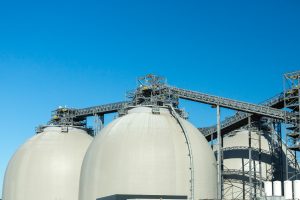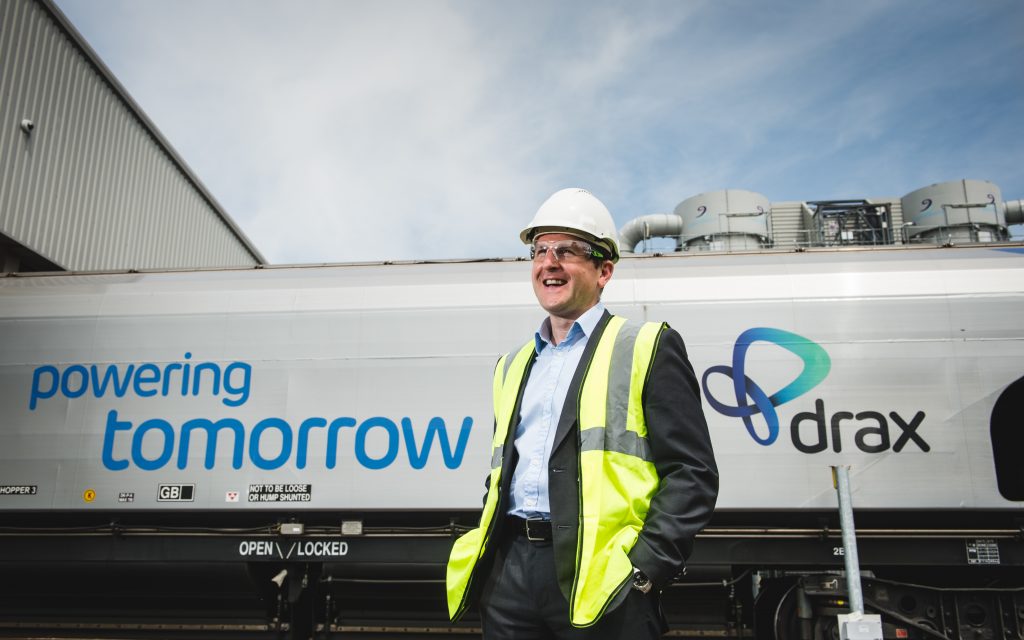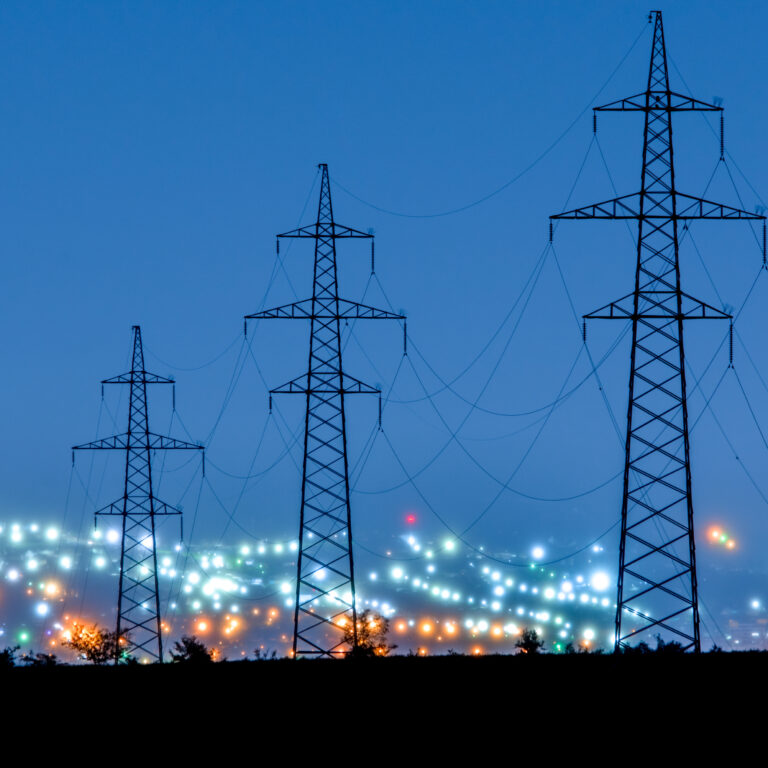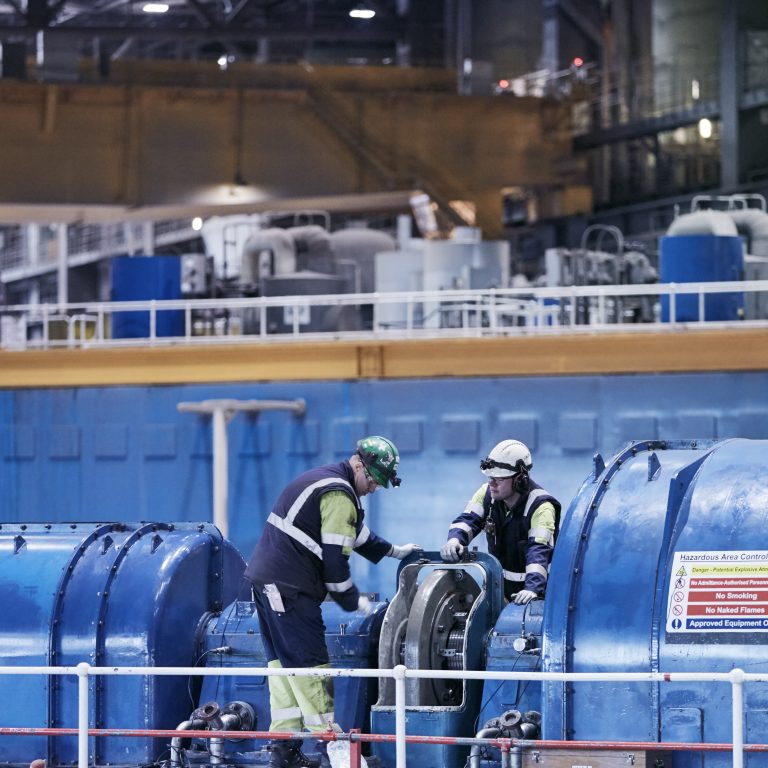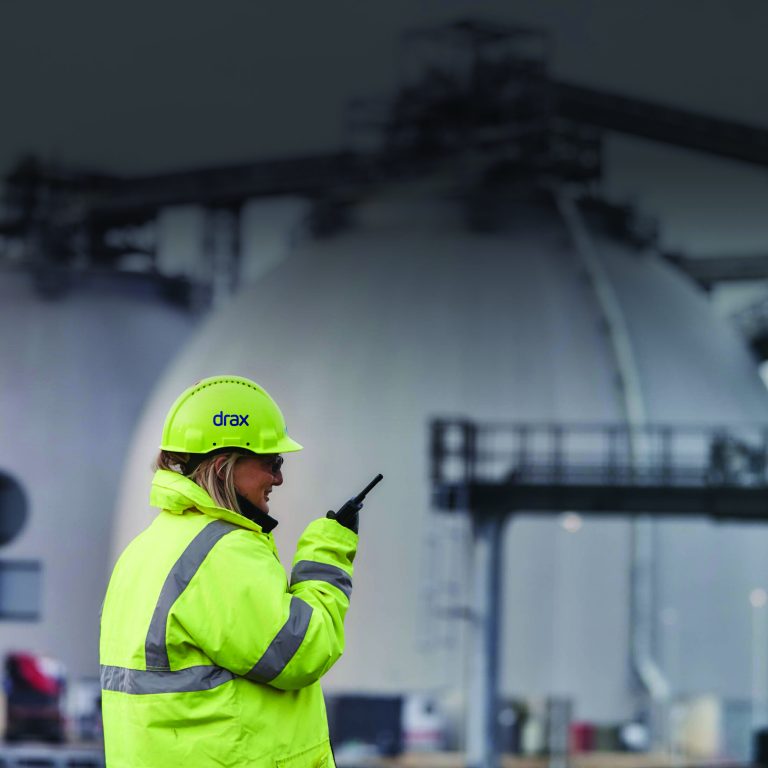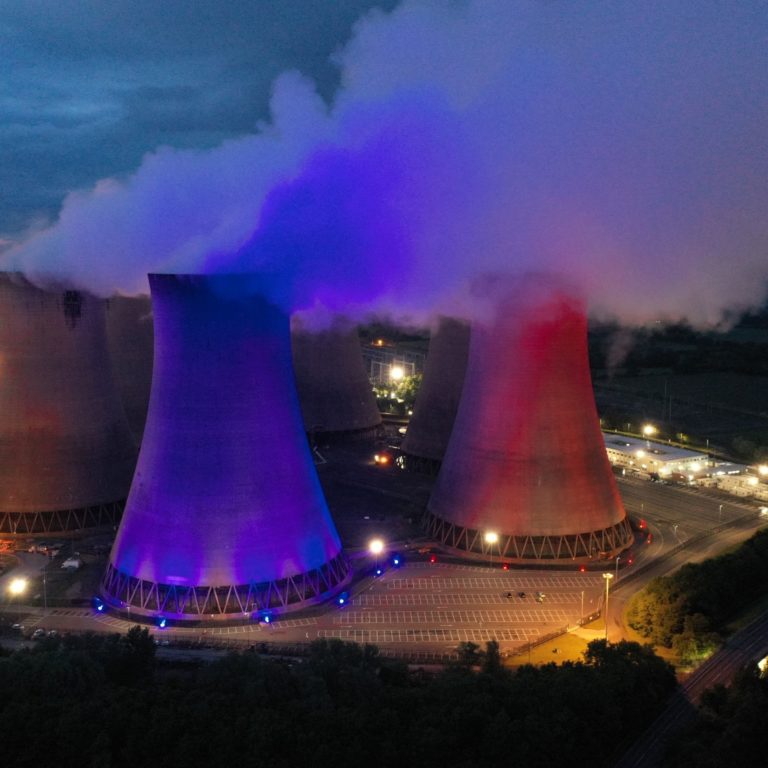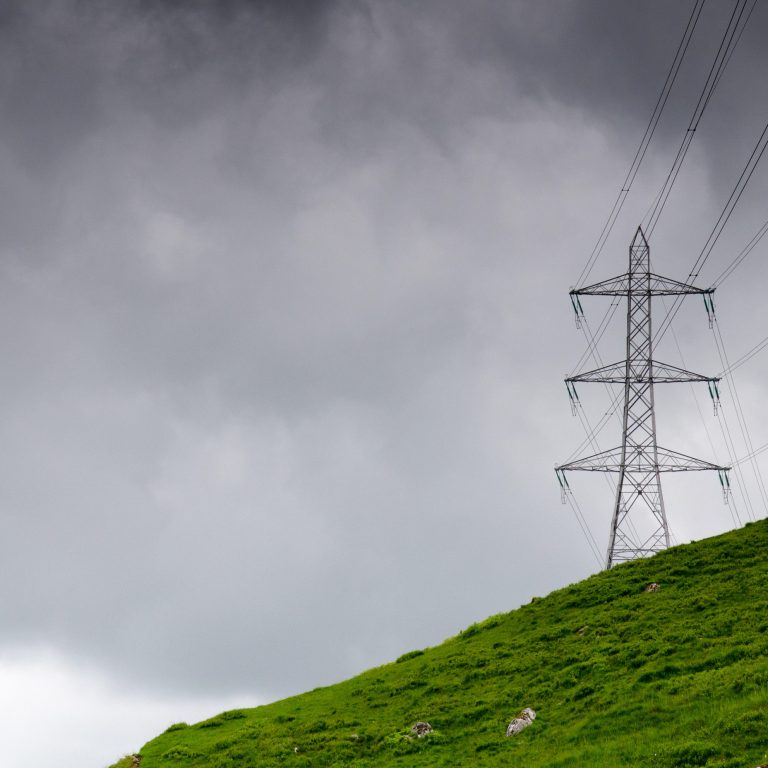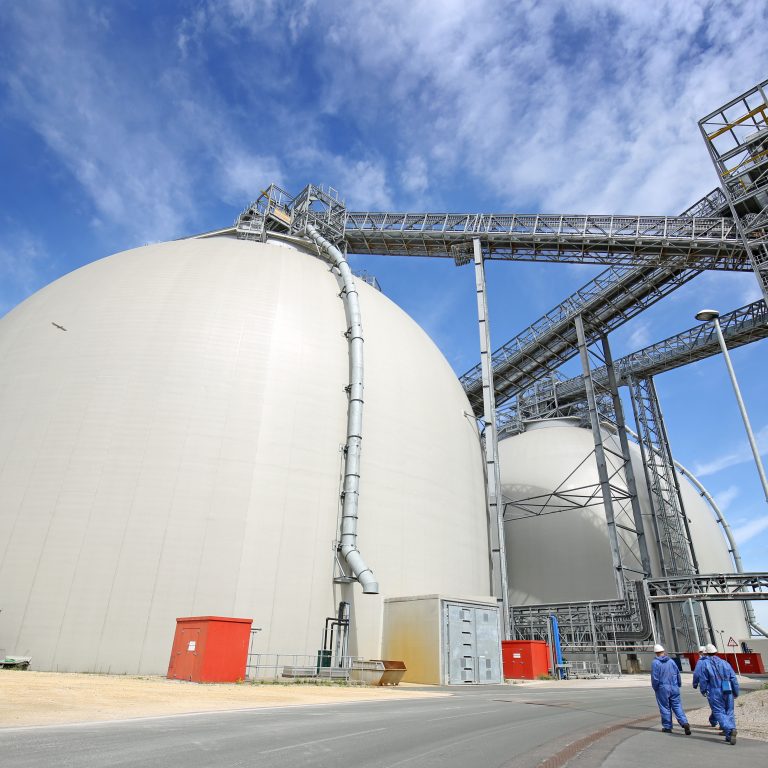Since the Climate Change Summit in Paris, there’s been a lot of talk about how we can remove coal from the energy mix in the UK and limit further climate change.
One way would be to close down all the coal-fired power stations. But coal still provides more than 20 per cent of the UK’s electricity. And the Department for Energy and Climate Change (DECC) predicts we will need almost 20% more electricity by 2035, not less (chart, below). What’s more, building new capacity to replace those power stations would take years, while buying in extra supplies of energy at short notice can mean extra costs being passed on to customers.
The good news is that at Drax, we’ve already developed a solution to the challenge, as I told the Yorkshire Post recently.
We’re doing it by converting our coal-fired generating units to use compressed wood pellets. And we’re using world-beating technology developed by our own engineers here in the UK.
In fact, we’re now producing more electricity from wood pellets than from coal at Drax. And we’re doing it day in day out. In all, around four per cent of the UK’s entire electricity needs every single day of the year are now being met thanks to our unique biomass technology at Drax.
This enables us to take low-grade wood and compress it into small high-density pellets to use in our specially adapted generating units. Even including a minimal quantity of carbon emissions in the supply chain, conversions still cut greenhouse gases by over 80% compared to coal.
If we can get the support to convert the other three generating units at the power station then we’ll cease using coal at Drax. This would help the government’s proposed target date of ending unabated coal electricity generation in the UK by 2025.
I think at a very high level that support is there.
We all know that wind and solar energy have the potential to take a bigger role in Britain’s energy mix. But, to do so, they need to be accompanied by another technology that can be turned up to fill gaps when the weather means they produce less energy than required.
Our high-density wood pellets are the only non-fossil fuel that can do this. Looking to the future, as wind and solar grow and Britain becomes more dependent on them, it will be ever more important to have this reliable, renewable support on hand.
We’re well behind our European neighbours in using wood pellets for energy, and a long way behind countries like Germany and Sweden. Taking steps to catch up with the European average is the fastest, most affordable and most reliable way to move away from coal to the renewable fuels of the future. To take those steps, energy companies like Drax and the Government need more dialogue.




